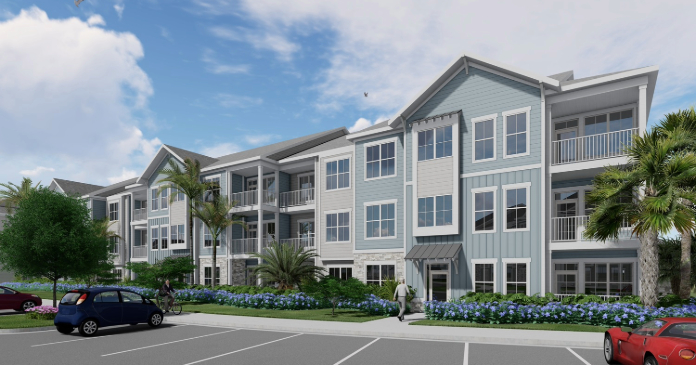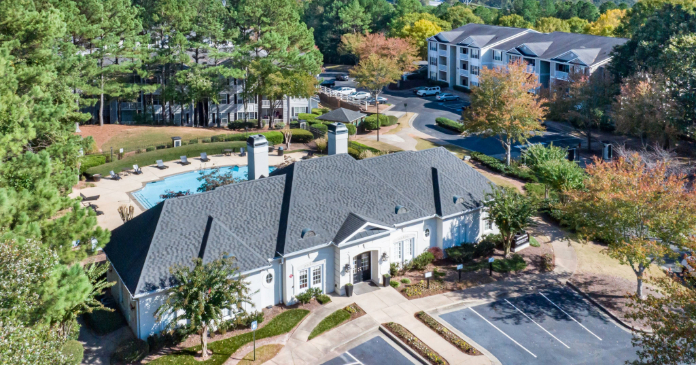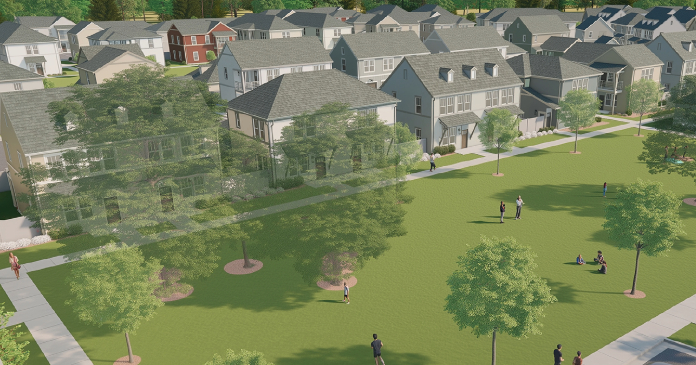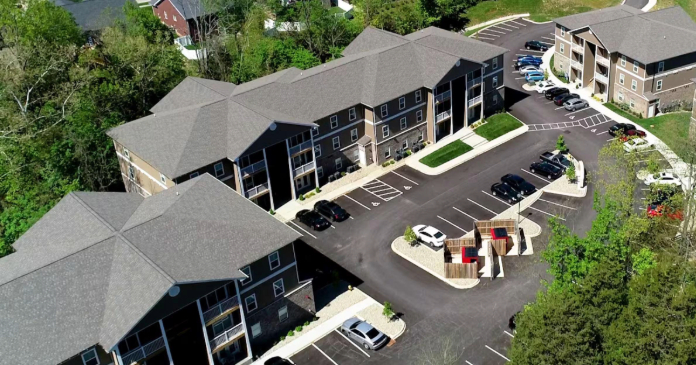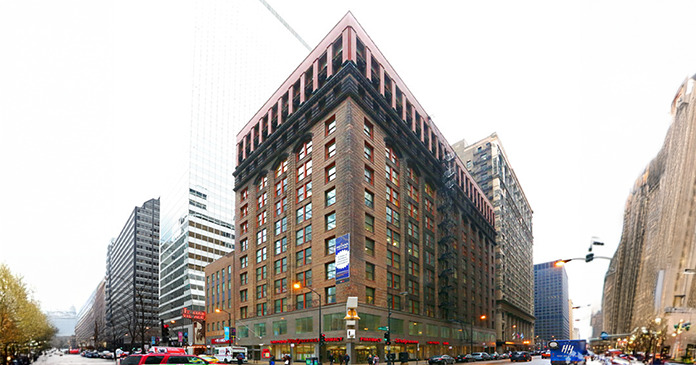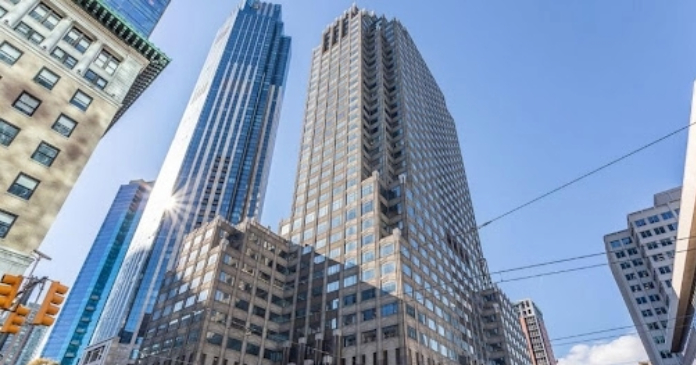The U.S. Department of Housing and Urban Development (HUD) published the Final Rule for the National Standards for the Physical Inspection of Real Estate (NSPIRE) in the Federal Register. The rule proposes a new approach to defining and assessing housing quality and reduces regulatory burden. The publication of the final rule follows 16 listening sessions in 15 states with more than 3,330 attendees.
“HUD is transforming how the Department manages the quality of affordable housing units with NSPIRE. We are raising the bar because everyone deserves to live in safe and decent living conditions,” said HUD Secretary Marcia L. Fudge. “Stronger standards, better inspections, and greater insights about living conditions will result in healthier and safer homes for residents. That’s a win for everyone.”
NSPIRE improves HUD’s oversight by aligning and consolidating inspection regulations used to evaluate HUD housing across multiple programs. NSPIRE strengthens HUD’s physical condition standards, formerly known as the Uniform Physical Condition Standard (UPCS) and the Housing Quality Standards (HQS). HUD’s Real Estate Assessment Center (REAC) conducts the inspections of HUD-assisted properties in the public and Multifamily Housing programs.
The rule has distinct effective dates for the start of physical inspections using the NSPIRE Standards.
- July 1, 2023 – Public Housing Inspections Begin
- October 1, 2023 – Housing Choice Voucher, Project-based Vouchers and Multifamily Inspections Begin
The final NSPIRE rule makes changes to inspections for the Public Housing and Multifamily Housing programs in response to public comments to the proposed rule that was issued on January 13, 2021. In addition to the final rule, HUD will publish three core subordinate publications: the Scoring, Standards and Administrative Notices. Some of the changes the final NSPIRE rule makes include:
- New Self-Inspection Requirement and Report. PHAs and Owners will be required to conduct self-inspections of all units at least annually and correct all identified deficiencies. If the property scores under 60, these reports must be provided to HUD. Records related to the self-inspection should be maintained for three years.
- Timeline for Deficiency Correction. HUD clarifies the timeline for the correction of health or safety deficiencies. For life-threatening and severe deficiencies, the PHA or Owner must correct the deficiency within 24 hours after the inspection report is received, and upload evidence of that correction within 72 hours to HUD.
- New Affirmative Requirements. HUD developed new “affirmative standards” for all units that participate in HUD’s rental assistance programs. These include basic requirements for habitability – like kitchens and flushable toilets – but also important safety concerns like Ground Fault Circuit Interrupter (GFCI) outlets, a permanent heating source, and safe drinking water.
- Tenant Involvement. HUD will allow tenants to make recommendations regarding units to be inspected. HUD will require that the PHA or Owner correct all identified deficiencies within established timeframes and provide inspection results to residents.
NSPIRE improves HUD oversight through the alignment and consolidation of the inspection regulations used to evaluate HUD housing across multiple programs. Additional changes include the following:
- HUD Committing to Reviewing Standards at Least Every 3 Years
- Retaining 3-2-1 Rule
- Changes to Deficiency Categories: Life-threatening, Severe, Moderate, Low (New)
- Post-Inspection Report (New)
- Smoke Detector and Carbon Monoxide Alarms Requirement
- Removal of the Occupancy Requirement Related to Children of the Opposite Sex
- Elimination of Cosmetic Deficiencies
While the NSPIRE rule enhanced and updated HUD’s property standards, it retained provisions that ensure the availability of safe, affordable rental housing. This includes HUD-approval of variations for local conditions in the HCV and PBV programs and approval of alternative inspection protocols where there are other affordable housing program requirements. NSPIRE also retains provisions already in place to ensure that residents are provided notice of inspections and have access to inspection reports once available.
NSPIRE advances HUD’s mission to create quality affordable housing and strong, sustainable, and inclusive communities. For more information on NSPIRE, visit the NSPIRE Resources page.






